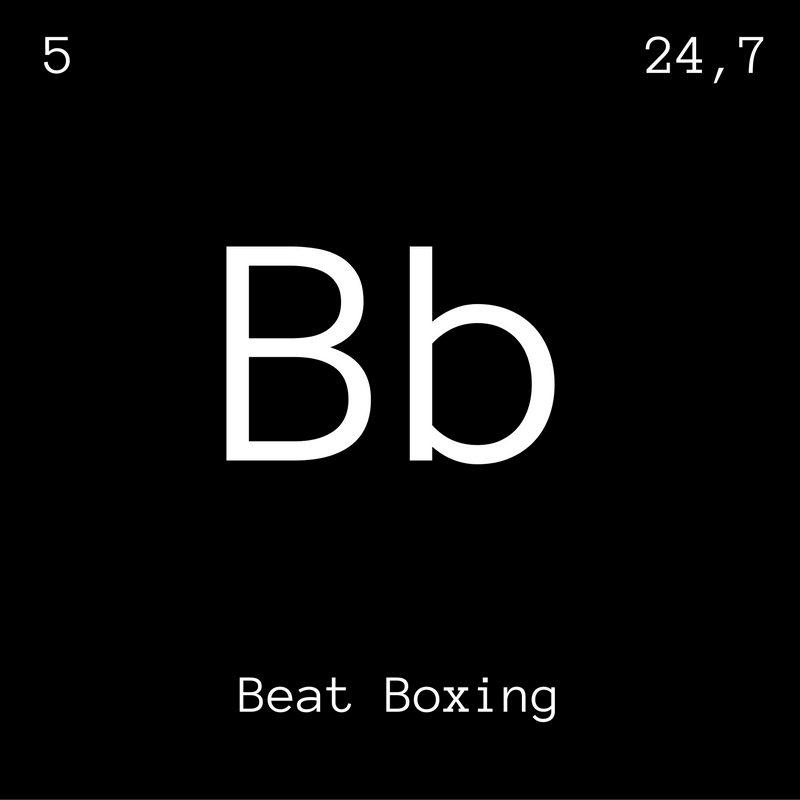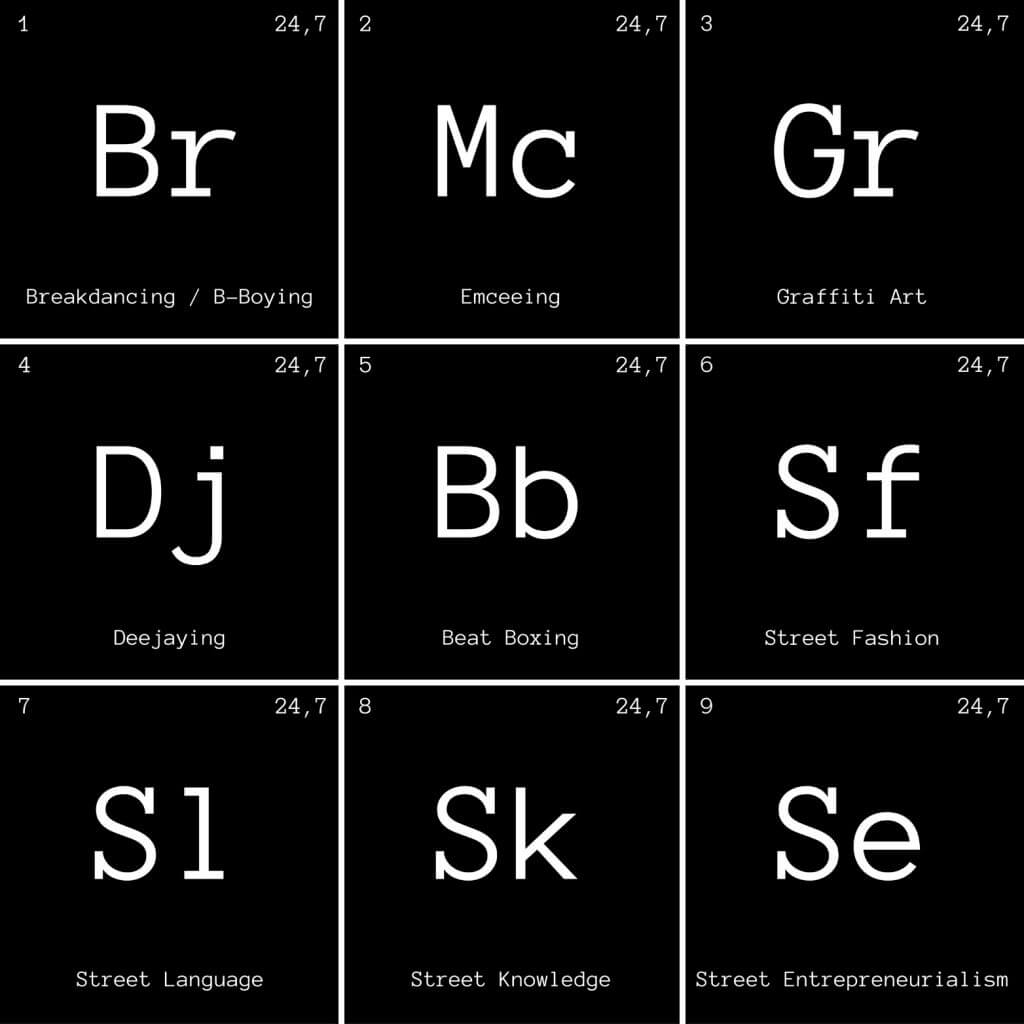
Use of the tongue, lips, throat and voice to make sounds and rhythms are not a new phenomenon, despite all the viral videos of beatboxing bouncing around the Internet in recent years. Before beatboxing in Hip Hop, Jazz had scatting, Celtics had lilting, and Indian music had Konnakol. The real beauty of beatboxing and all forms of vocal percussion is that it allows people to create music anytime, anywhere, regardless of whether or not instruments or other tools are available. Many use beatboxing not only in the absence of other sounds but to accompany instruments and vocalists in acapella groups or cyphers.
The term “beat box” comes from slang that referred to early drum machines used in the 1970’s such as the Roland TR Rhythm Series and the ELI CompuRhythm CR 7030, the latter initially earned the name beat box. As people began mimicking the sounds and patterns created by beat boxes, it became known as beatboxing.
The practice began quite similarly to graffiti art in neighborhoods, parks, and street corners. For Hip Hop fans without the means to purchase elaborate sound systems and turntables, passion became the mother of invention. Human creativity leaped these hurdles and paved the way for budding emcees to practice their craft without needing to spend a dime.
As for the real pioneers of the art, constant debate and deliberation have persisted in recalling the first to beat box. However, history has narrowed the possibilities down to two candidates as the originator of the art form, Doug E. Fresh, and Buff Love. Back in 1983, a trio, later known as the Fat Boys, entered a contest at Brooklyn’s Radio City Music Hall and won the first place prize and a record deal. Buff Love or Buff The Human Beat Box, used his ability to create vocal percussion to give his group an edge over the competition.
The same year, Doug E Fresh made his debut on a single called Pass The Budda with Spoonie Gee and DJ Spivey. Fresh claimed that he coined the term “human beat box” in 1980 and before The Fat Boys ever entered that contest. Whether or not this is true may be forever lost, regardless it is Doug E Fresh that has stood the test of time and retains revere as a major piece of Hip Hop’s early days. Unfortunately, The Fat Boys broke up in the early 90’s and Buff Love died of a heart attack in 1995, his contributions to Hip Hop and beat boxing are undeniable all the same.
Today beatboxing is practiced in multiple genres and stays alive in practice thanks to outlets like humanbeatbox.com. Also, Hip Hop artist Rahzel, from The Roots, has become well known as a modern beatboxing great and reggae artist Matisyahu is known for beatboxing talent as well. As the practice develops new techniques and complexities, new styles get added to the mix.
Today, in addition to the American beatboxing championship, competitions are regularly held in France, Greece, Spain, United Kingdom, Australia, and more. These competitions, the online community, and the most prolific beatboxers keep this artform alive and innovating for future generations and genres.
